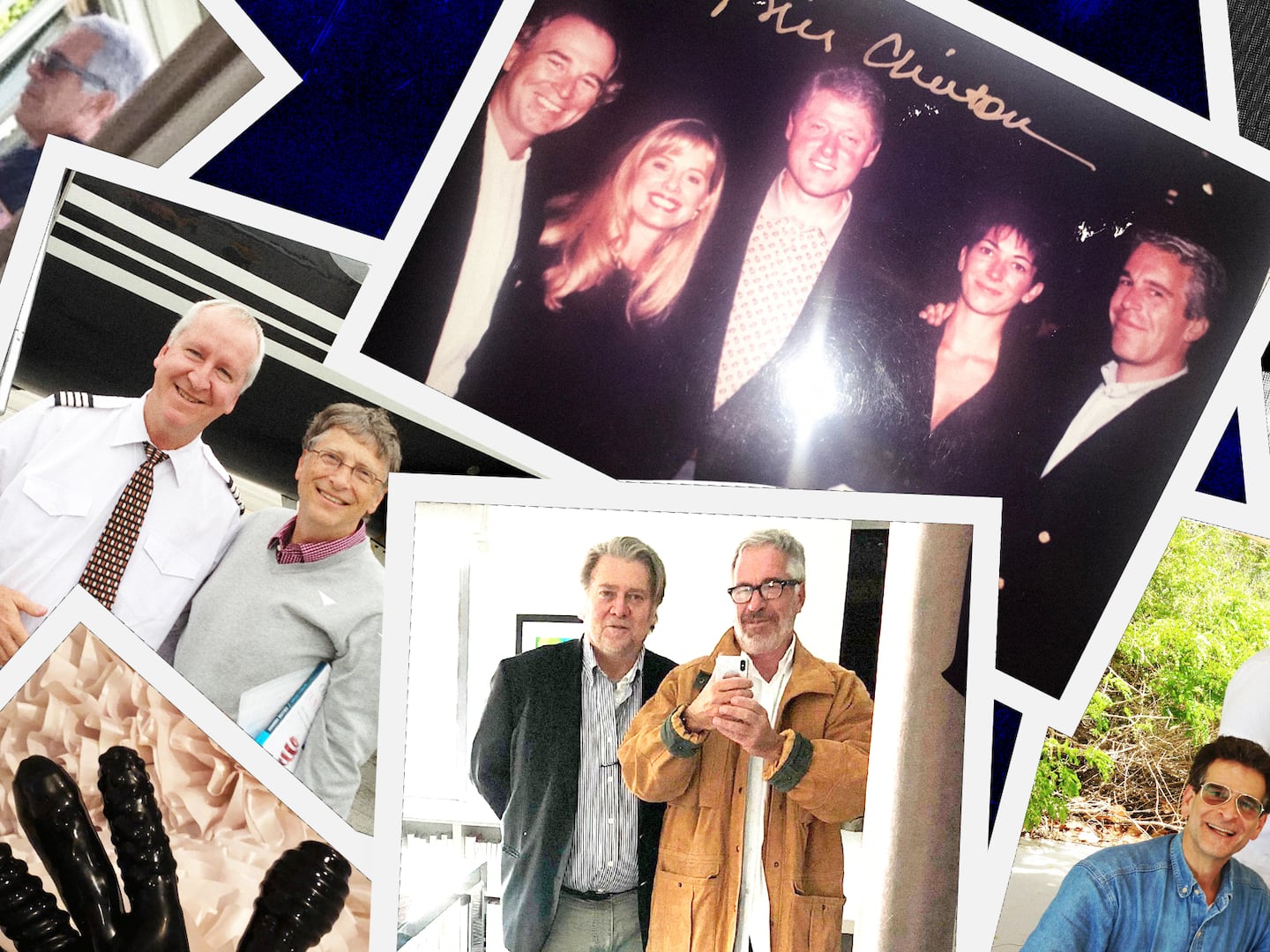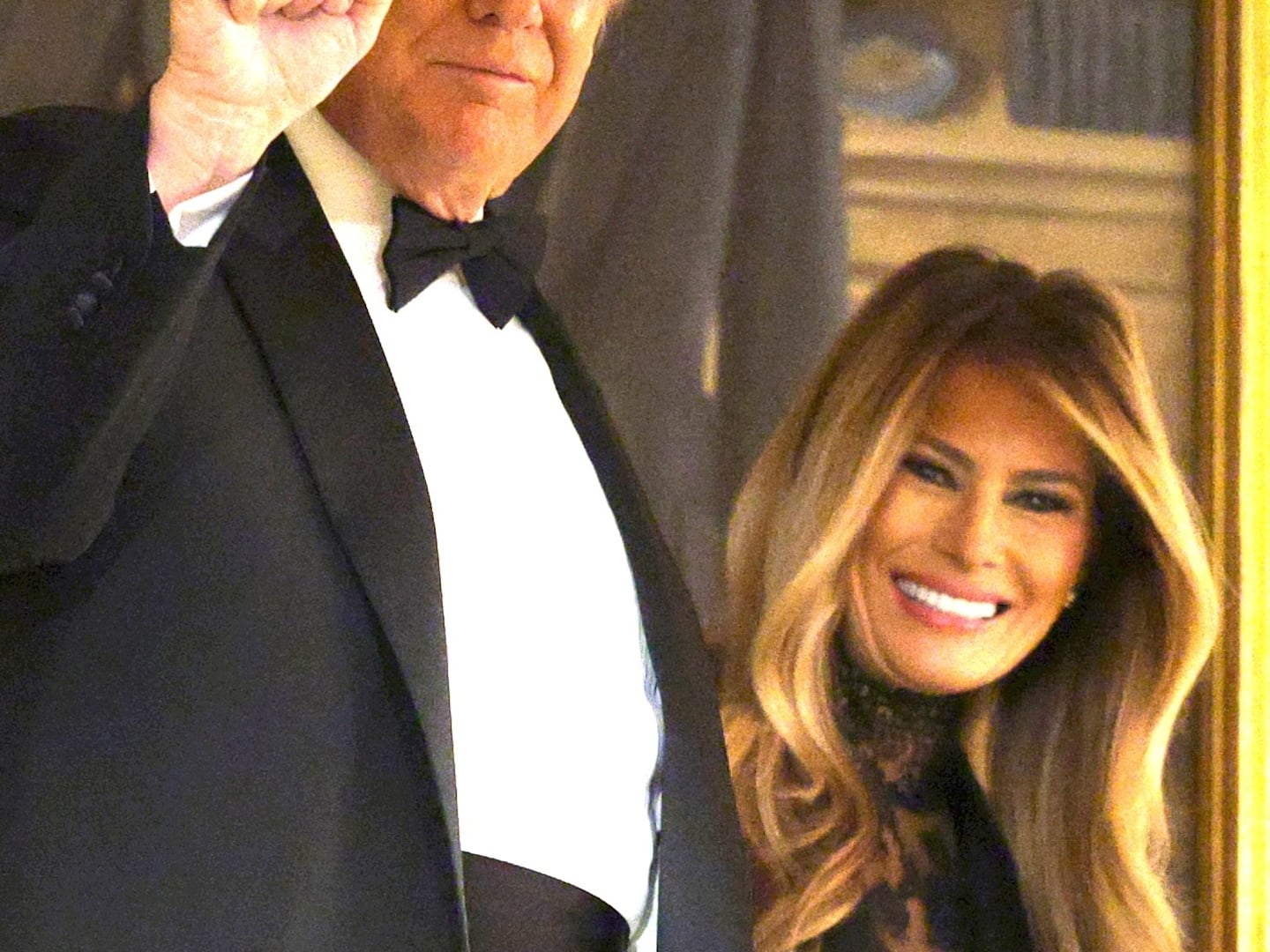Sarah Palin's daughter pulled in more than a quarter-million bucks for her teen-pregnancy-awareness campaign. The fat fee is raising some hackles, but the head of the nonprofit she helped tells Shushannah Walshe she was worth the money. Plus, Michelle Goldberg on the shameful message Bristol's payday sends to teens.
News that Bristol Palin snagged more than a quarter-million dollars for her stint raising awareness of teenage pregnancy has rippled around the country and raised eyebrows in the non-profit community. The fee paid by the Candie's Foundation is staggering considering the organization gave a mere $35,000 [PDF] to groups and clinics that work directly to prevent teens from becoming pregnant.
Foundation head Neil Cole confirmed that it paid the unwed mother, and daughter of Sarah Palin, $262,500 in 2009. The figure initially was reported by the Associated Press. Cole also is CEO of Iconix Brand Group. Candie's, a clothing and shoe brand, is one of their companies. Reached at his Anchorage law firm, Palin family attorney John Tiemessen said they would have no comment.
While it's pretty run of the mill to have celebrity endorsees or famous speakers represent or back causes close to them, most seem to turn around and return their fees to the nonprofit. Cole said Palin did not donate any of her paycheck back to the organization, but added that "she gave us a lot more time over and above what she agreed to do. She did TV shows and PSAs that were not contractual. She went over and above." He said that of the hundreds of celebrities the foundation has worked with, Palin was the "most exciting thing we've done." Most stars volunteered their services, although other celebrities have been paid in the past, he said. He didn't say which ones were unpaid, but other celebrities who have appeared in ads for the foundation include Hillary Duff, the band Fall Out Boy and Jenny McCarthy.
High-profile endorsees often donate 80 percent or even 100 percent of their payments back to the organization they work with—but not always, said Adam Eisendrath, a nonprofit consultant. "A [payment] is typically given back or a significant chunk given back to the organization. If they care about the cause and they give back to the cause that's a great way to show it," Eisendrath said. "It is an honorarium, it goes to a speaker or celebrity, but it's their money and they can choose what to do with it. It would look better if she gave at least some of the money back."
Paul Roberts, an advocate for philanthropies who helps charities set and achieve fundraising goals, was much stronger in his assessment of Bristol's keeping the money. It is legal, but violates a "code of ethics" that most philanthropic organizations abide by, he said.
The Candie’s Foundation sees Bristol as “the gift that keeps on giving.”

• Michelle Goldberg: Bristol’s Abstinence Outrage"Usually when celebrities bring their support to a cause it's for the support of an issue that they hope to change. In this situation it's about making a profit rather than contributing," Roberts said. "It makes me think of late-night infomercials, 'This is a paid endorsement.' I think philanthropy enables an exchange between donors and the service population, people in need and when someone who is taking on the mantle of an advocate siphons money from the cause it's questionable."
"This is a celebrity," Roberts added. "You don't pay them, they usually make a gift to the cause so it's like the river is running upstream on this one."
Cole strongly disagrees, saying Bristol's ads or reporting on her PSAs reached 1 billion people and that number is growing. He described Sarah Palin's eldest daughter as "the gift that keeps on giving." Cole stressed that the foundation gives a small amount of money to outside groups that work directly to help prevent teen pregnancy because the organization believes it can reach more people through endorsements and advertising. "Our primary purpose is to educate American teens," he said. "We talk to teenagers through celebrity and media about how they shouldn't have babies. A clinic may deal with hundreds of people; we are trying to change culture." Foundation tax records for 2009 show that $165,000 of the organization's budget went to advertising.
Cole said the foundation's "only goal is to educate teenagers not to have babies" and has research that shows its efforts work. A survey—provided by the Candie's Foundation—by YPulse, a youth media research firm, polled 1,000 14- to 19-year-olds in January 2011. It showed that 57 percent of respondents said Bristol's PSA got their attention, compared with 27 percent for a non-celebrity. Twenty-nine percent of teens who viewed Bristol's ad said they would practice safe sex, versus 14 percent for the non-starlet ad. And 37 percent of the teens reported disliking the Bristol ads, with 24 percent liking them "a lot."
Cole said he has heard no complaints from private donors who fund the foundation regarding Palin's fee, but he had harsh words for other nonprofits and celebrities who automatically donate back some of their payments, "That's just a ridiculous game. 'I'll give you an extra $100,000 if you give it back to me and then we look good and you look good.' That's a ridiculous game that celebrities do to make themselves look good and deceive people to make people think they are philanthropic." He said people are only criticizing Bristol "because of her last name" and that's "not fair."
Bristol, a Dancing with the Stars finalist who is now 20, starred in TV and print ads and appeared at events for the Candie's Foundation. Her son, Tripp, who is now 2, appeared in ads with her. Most of Bristol's ads end with the slogan, "Pause before you play." One commercial shows her with Tripp and uses the tag line, "I never thought I would be a statistic." In another ad, Bristol is seen contemplating that if she didn't have the help of her "famous family" it "wouldn't be pretty." It shows news footage of her mother, and ends with Bristol standing in a bare room with Tripp. Cole said one of the most watched ads featured Bristol and her DWTS castmate, Mike "The Situation" Sorrentino, in which she tells the Jersey Shore reality star, "I hope you are as committed to safe sex as you are to those abs."
The ad definitely got laughs, but does it work? Eisendrath agreed with Cole, saying a celebrity can reach a broader audience for the cause, "There is something to be said for a celebrity spokesperson. People get bothered when some celebrities are paid a lot of money when that money could go toward the actual mission of the organization, and I can see from that perspective. However, the publicity that this celebrity will provide is probably worth 10 times that amount."
Roberts disagrees, saying he would "never advise a charitable cause pay for a celebrity endorsement" pointing out that Palin's fee is 12 percent of the Candie's Foundation's entire operating budget. "I think that compensation should reflect impact and qualifications, and a spokesperson for an endorsement does not have the impact of a social worker or medical health provider," Roberts said. "Even the most seasoned and respected multi-lingual social workers would never earn that much in a year."
Shushannah Walshe covers politics for The Daily Beast. She is the co-author of Sarah From Alaska: The Sudden Rise and Brutal Education of a New Conservative Superstar. She was a reporter and producer at the Fox News Channel from August 2001 until the end of the 2008 presidential campaign.






